A pioneer in digital equity since 1984
At Digitunity, we believe in a holistic approach to solving the digital divide, with an understanding that a person’s life circumstances should not be a barrier to achieving their fullest potential.
It started with a simple dream: Used computer equipment, previously destined for disposal, would be made available for use by children and adults to develop skills that would enable them to lead independent, productive and meaningful lives.
Here's a look back at some key milestones since our founding...
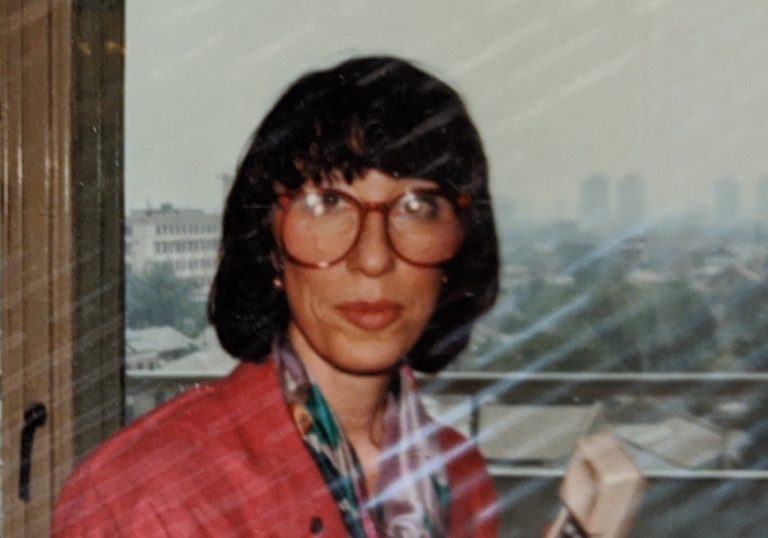
Yvette Marrin begins special needs teaching
Yvette Marrin, PhD, accepts offer to teach 12 children with multiple disabilities in Yonkers, NY.
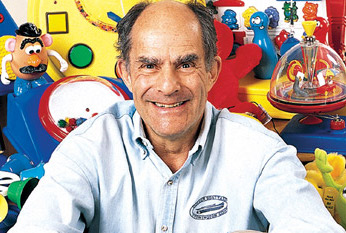
Microcomputers in special education
Dr. Marrin meets with pioneer Steve Kanor, a Biomedical engineer at St. Agnes Children’s Rehabilitation Hospital, to learn more about how electronic toys could help young multi-handicapped children learn.
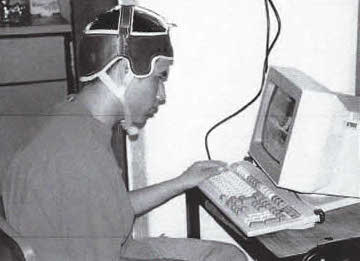
George Mason University
Mentorship with Dr. Michael Behrmann at George Mason University on best teaching practices for young people with special needs and technology aids.
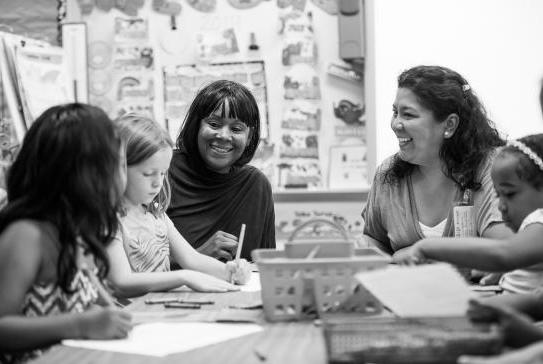
Council of Exceptional Children
Dr. Marrin joins the Council of Exceptional Children
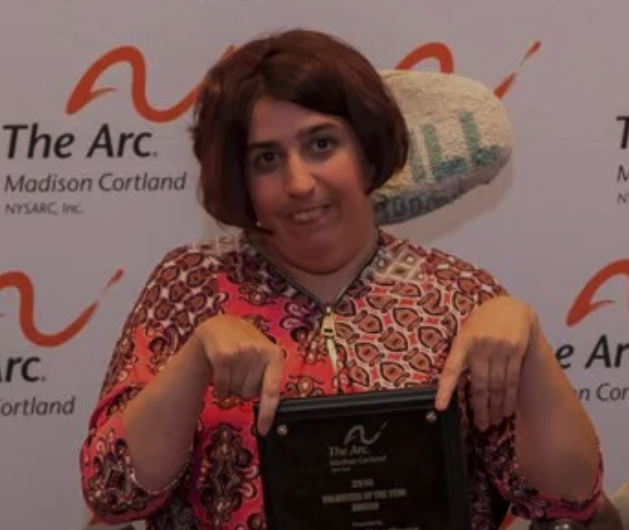
"What is to become of me that I am handicapped?"
Souhad Marji, a student of Dr. Marrin’s with Cerebral Palsy, asks a pivotal question: “What is to become of me that I am handicapped?” This triggered a search by Dr. Marrin for computer innovations that were evolving and, over time, link all people of all skills and abilities to a world of new possibilities.
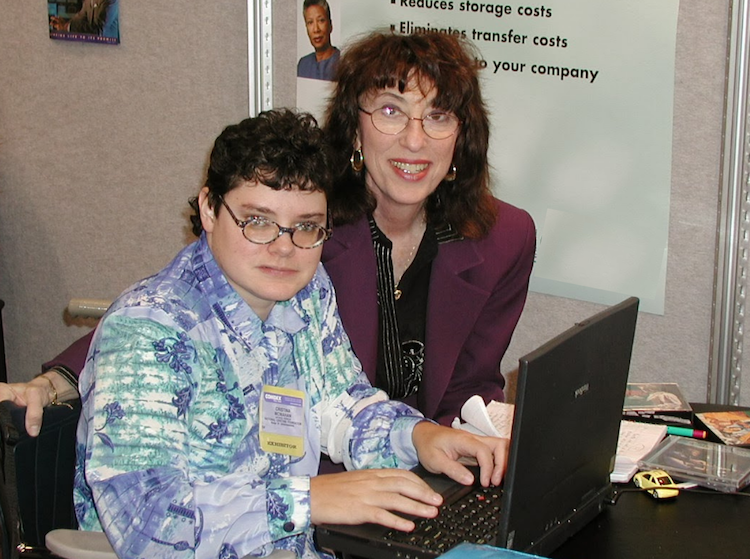
A single computer started it all
Dr. Marrin sends a note out to parents of the students for help in raising money to secure an Apple2e for the classroom. Student Cristina McMahan suggests her father might be able to purchase a computer for the classroom.
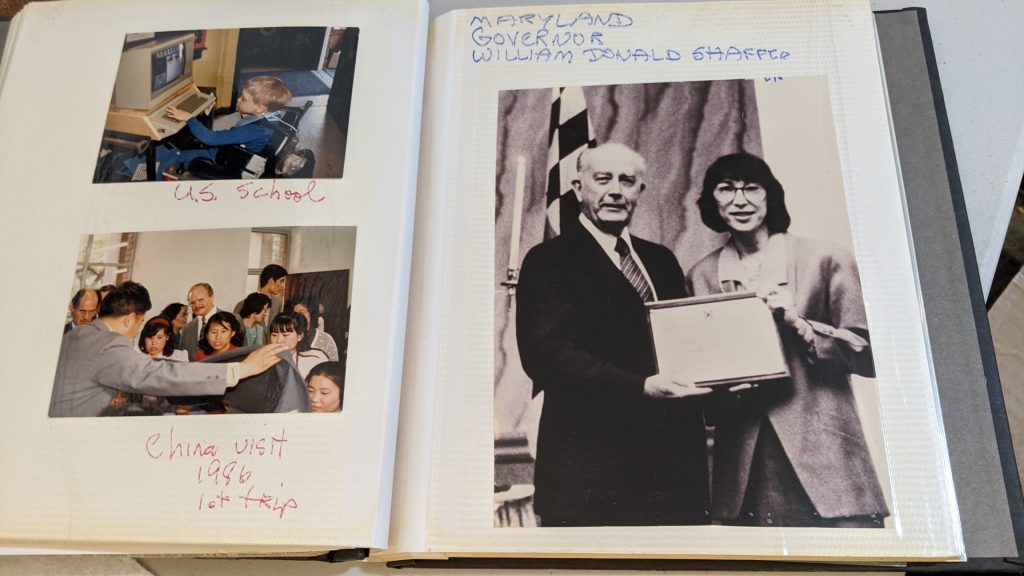
Our Work Begins
Dr. Marrin leaves Yonkers Public Schools to work on the creation of a charity supported by Cristina’s father Dr. D.B. McMahan that focused on a solution for repurposing previously used computers to be used for training and education programs. Putting abilities to work using practical community based solutions formed the core mission of this work.
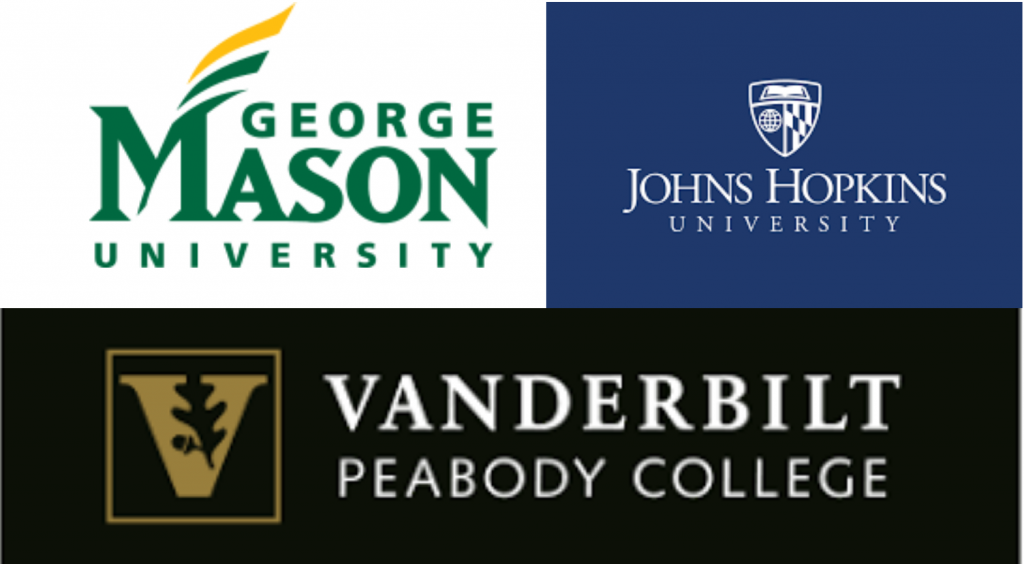
Johns Hopkins, George Mason and Peabody Vanderbilt Universities
A pilot project was established with Johns Hopkins, George Mason and Peabody Vanderbilt Universities on a number of assistive technology initiatives for people with disabilities.
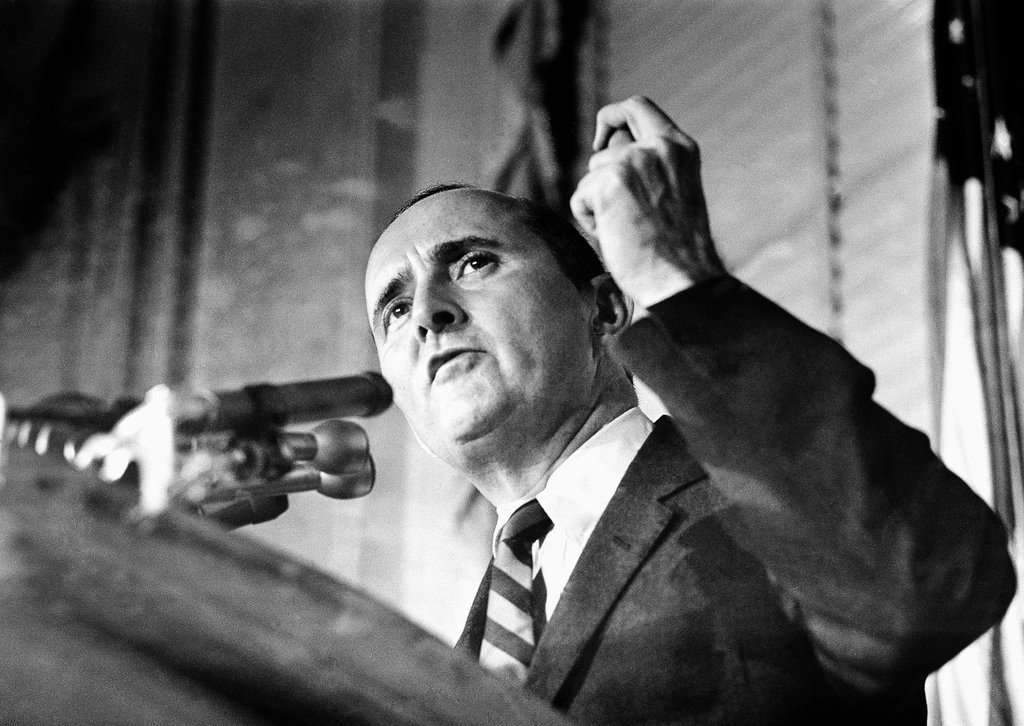
Louis Harris Poll
A 1986 Louis Harris poll showed that more than two-thirds of people with disabilities wanting meaningful work were unemployed.
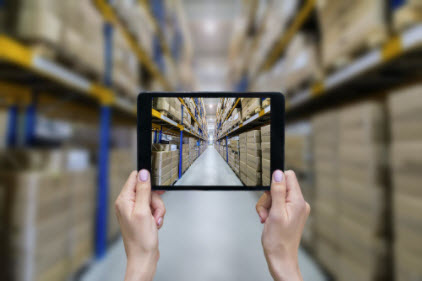
Introduction of Virtual Inventory
The creation of the concept of “virtual inventory” was developed to provide an efficient transfer system for used technology. A cost and time effective alternative to the traditional central distribution warehouse, direct access to used equipment donations at its place of origin was then transferred directly to a local nonprofit organization.
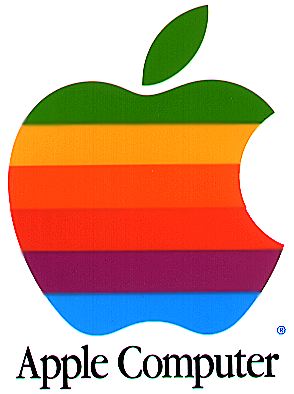
Apple donates 100 computers
Apple Corporation donates 100 computers to be the first computers used in special education in China. Dr. Marrin authored a cooperation plan with the China Disabled Persons Federation to build three technology labs for the disabled in Beijing.
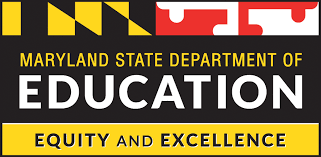
Private and Public Sector partnership
The launch of a state plan with the Maryland State Department of Education, Division of Special Education to learn how to coordinate our work with the private corporate sector and significantly with federal and state agencies.
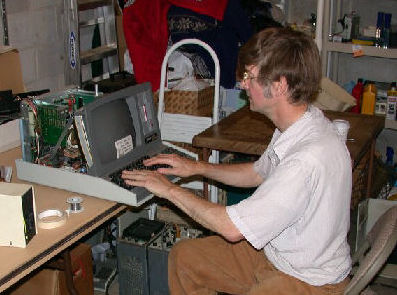
The Phoenix Project
Working with The Phoenix Project, a user group that refurbished computing technology, refurbishing activities were conducted inside donated building space from the State of Maryland.
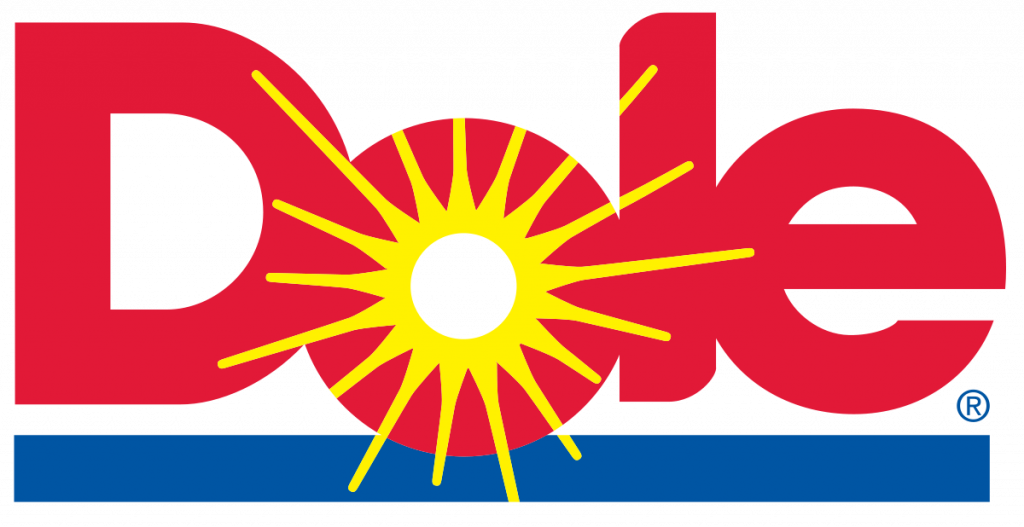
Dole Foods & Costa Rica Ministry of Education
The Costa Rica Ministry of Education and Dole Foods worked with us in a project to introduce tech for special education programs throughout the nation of Costa Rica. Similar projects were launched in Argentina, Nicaragua and Guatemala.
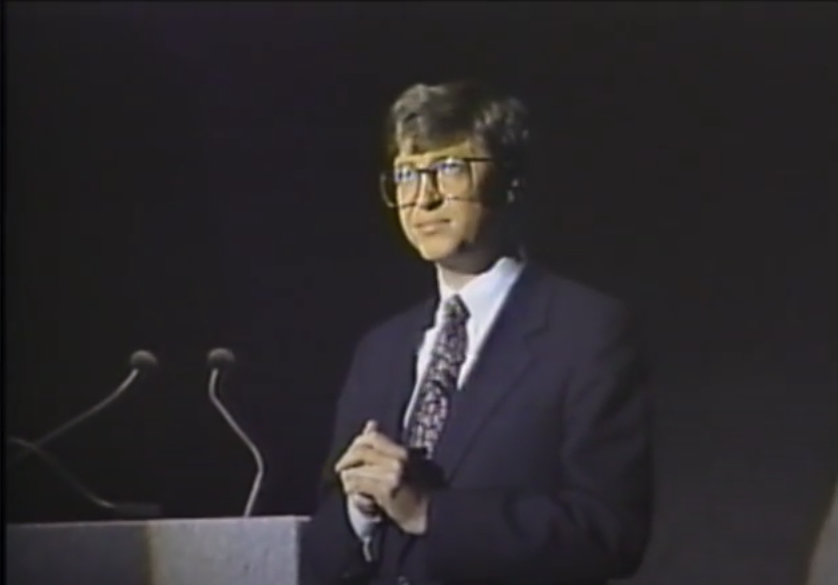
Bill Gates meets with Dr. Marrin
Bill Gates attends the national APCUG meeting at the Comdex trade show. Dr. Marrin spoke with Bill and challenged him to consider low cost ways for a company like Microsoft to get operating system licenses to use in refurbished equipment.
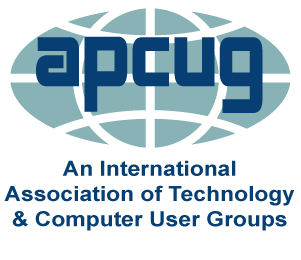
Association of Personal Computer User Groups (APCUG)
APCUG joins forces to help groups across the country refurbish computers for donation.
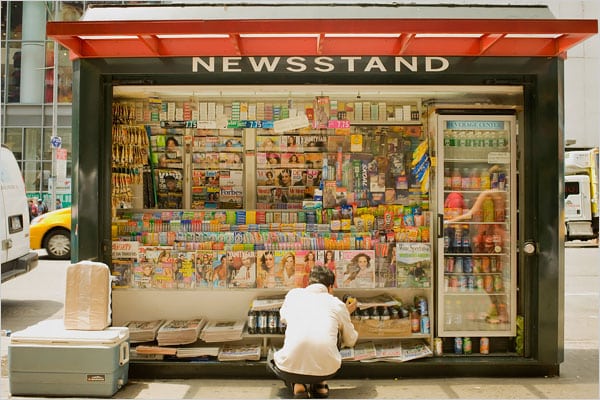
In the News
US News & World Report
July 25, 1988 – “We hold out technology to people as a little shimmering dream, and then we don’t deliver”
Business Week, October 10, 1988 – “If computers can go anywhere, why can’t they reach the poor?”
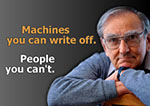
Branding Campaign with the Ad Council
Dr. Marrin approaches the Ad Council and Laddin and Co. for assistance in a National campaign and slogan for our work; Two slogans emerged. “Your Old Computer Has the Power to Give New Life”; “Machines You Can Write Off. People You Can’t!”

Long-standing alliance with CompTIA begins
At Comdex, Dr. Marrin meets John Venator of the ABCD Computer Dealers (which later becomes CompTIA) and thus begins our long-standing association with the premier technology certification and trade association CompTIA – the Computing Technology Industry Association
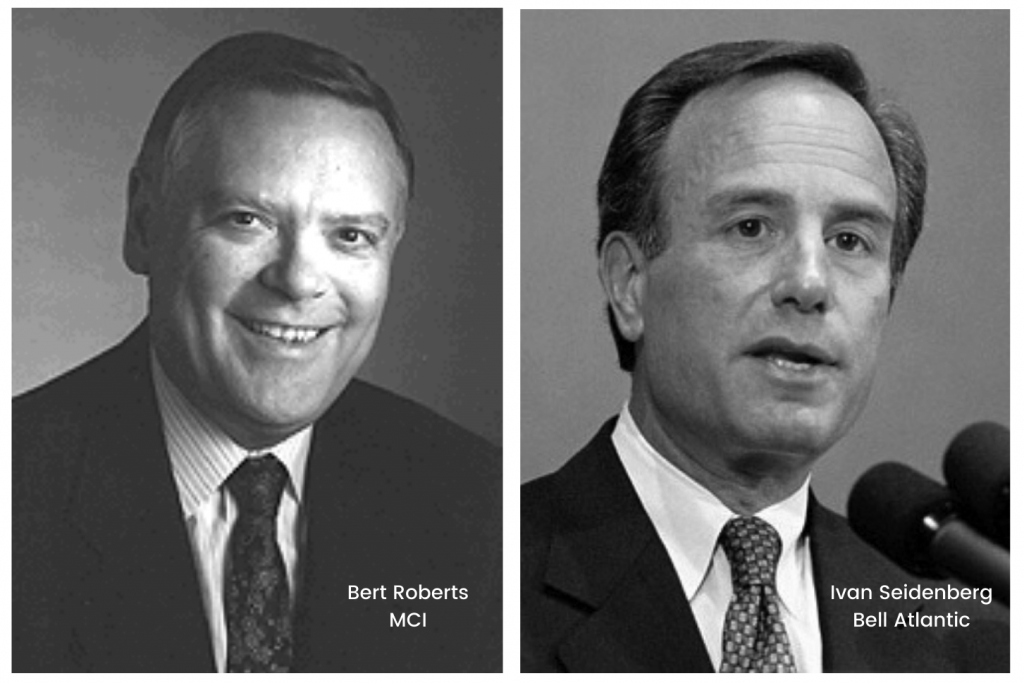
Tribute to Abilities
Dr. Marrin requests that Ivan Seidenberg from Bell Atlantic and Bert Roberts from MCI host the Tribute to Abilities 10th anniversary dinner. MCI crafts a video spotlight on our work and raised $440,000 for the cause. (MCI and Bell Atlantic merged in 2002 to become Verizon)
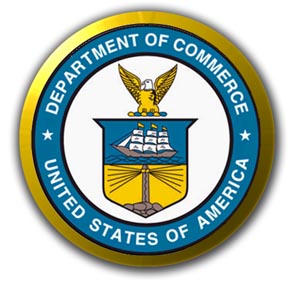
Creation of the first Learning Network
Federal Grant from the Dept of Commerce Telecommunications Division to create our first Learning Network. This detailed plan engaged organizations in 21 states for two years and validated the systems model used in the Technology Reuse Model.
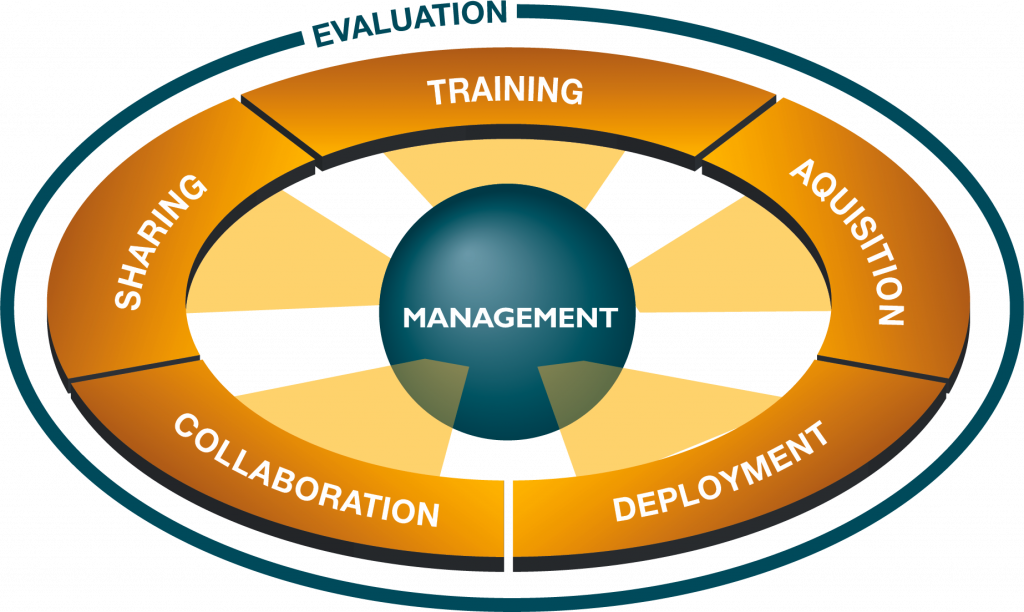
The Technology Reuse Model
Management, Acquisition, Deployment, Training, Sharing, Collaboration and Evaluation. This innovative program applied structured thinking within a conceptual framework to maximize the effectiveness of how donated technology could most logically be reused.
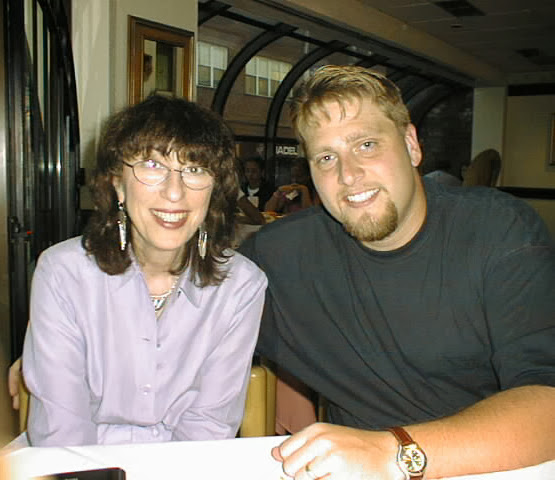
First computer donor/recipient matching platform created
Dr. Marrin hires Web Developer Brian Barrett to build a proprietary donation tracking and placement system. Additional programming was born out of a need to automate the grant submission process and thus the first computer donor/recipient matching platform was created.
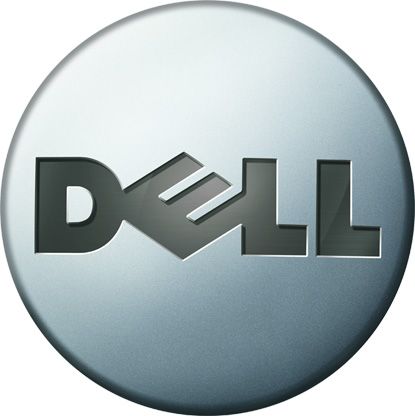
Dell joins the mission
As an online company, Dell visited our Greenwich headquarters and as a result, joined forces to use our donor/recipient matching platform to provide their customers with the opportunity to donate used equipment online.
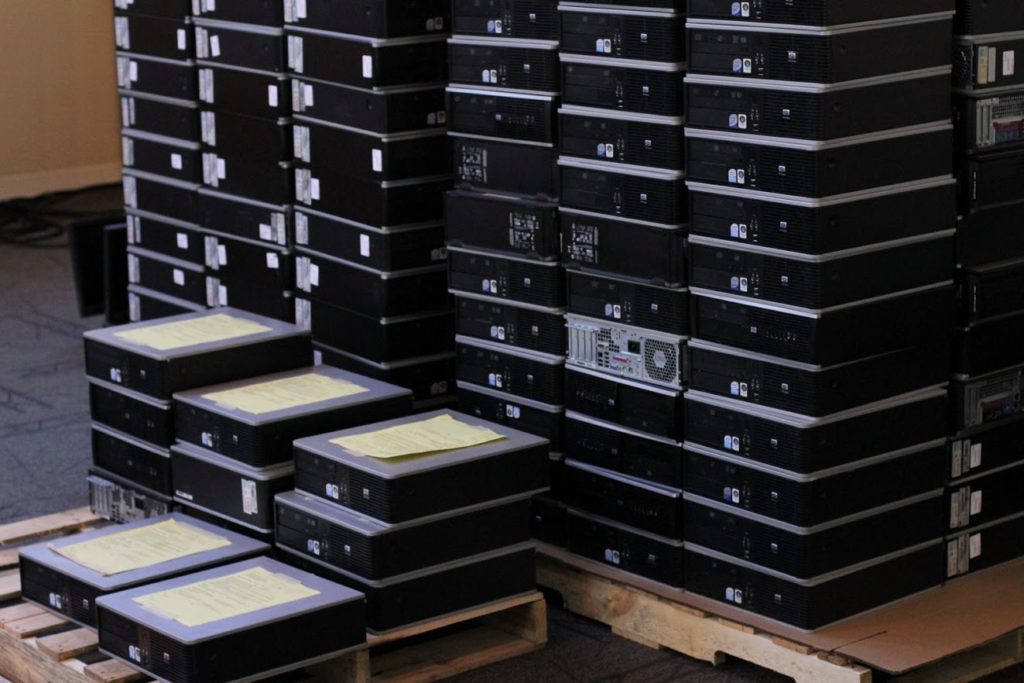
Additional Corporate donation programs launched
Honeywell, Unilever, Ingram Micro, Northern State Power and Xerox, among others, provide their customers with the opportunity to donate used equipment online. Computer donations were a steady stream moving through the matching platform.
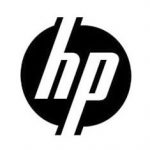
Donation/Trade-In program launched with HP
Collaboration with HP (Hewlett Packard) launches a donation program in coordination with their partner Market Velocity, and thus began our recycling, trade-in and donation solutions offered to Fortune 1000 IT and consumer electronics. This valuable relationship is still active for donations today.
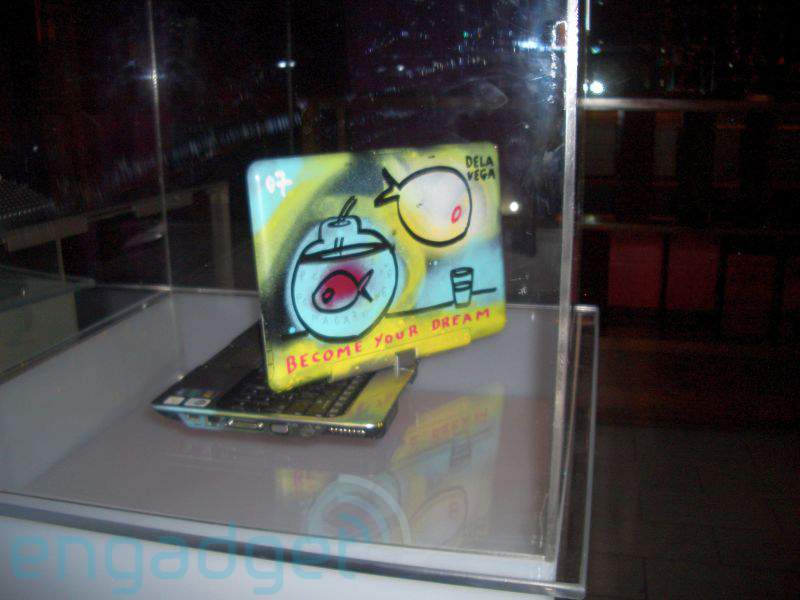
PC Magazine sponsors Computerlicious Design Experience
In honor of PC Magazine’s 25th anniversary, HP commissioned ten well-known designers to spruce up one of four different laptop models which were then auctioned for charity. PC Magazine helped raise over $20,000 for our work through this project.
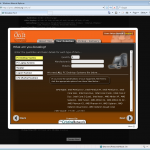
Nonprofit Locator launched
Online platform providing easy access to donation matching platform for consumer and individual donations, allowing donors to choose a local recipient from our National network of vetted non-profits.
The accompanying Remote Donation Channel project allows non-profit members of the Digitunity Network to embed the matching platform into their own organization’s website and thus promote their technology needs within their local communities.
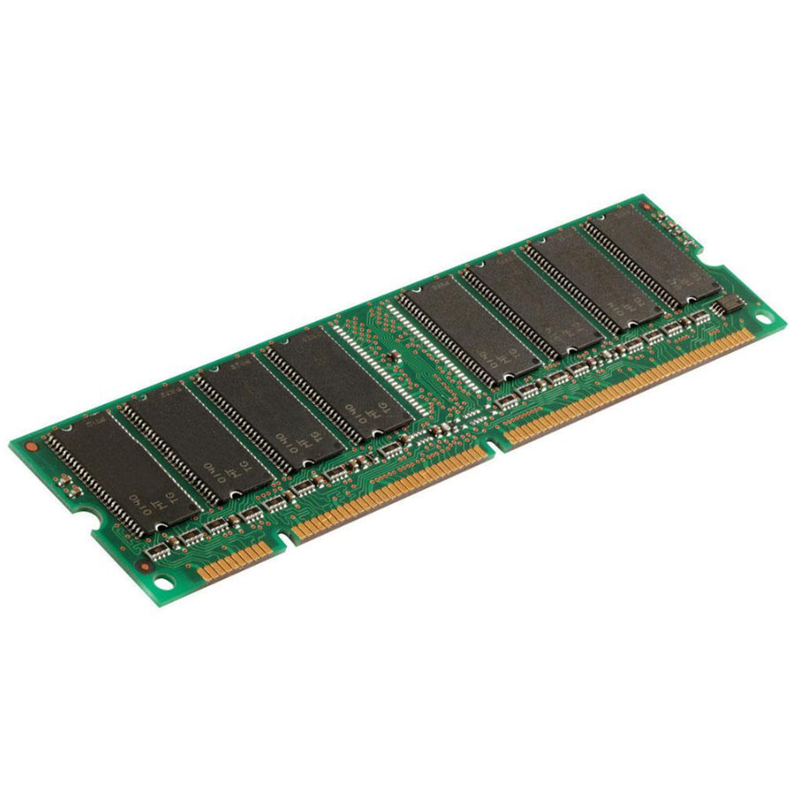
$190K award helps fuel the work
A suit was issued against many manufacturers of SRAM (Static Random Access Memory) purchased between Nov 1996 and Dec 2006 (10 year span). By court order 60% was to be distributed via a court-approved plan to non-profits for the benefit of End Users. As a result of the application and proposal to use such funds to benefit our end users and our network partners, a financial award of $190,000 was granted.
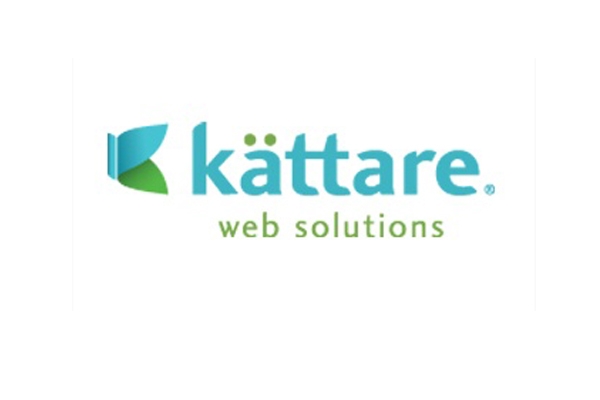
Free-Website program launched
In partnership with Kattare Internet Services, a new program was launched to build free websites for qualifying nonprofits enrolled in our Member Network.
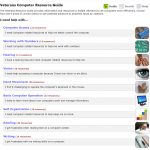
Veterans Computer Resource Guide released
The Veterans Computer Resource Guide was created to enable users to easily and methodically locate helpful online resources addressing the most common challenges faced by persons using technology. This cross-organizational project was launched through the joint efforts of CompTIA’s Creating IT Futures, and Touch the Future, Inc. Additional support was provided by Still Serving Veterans of Huntsville, AL.
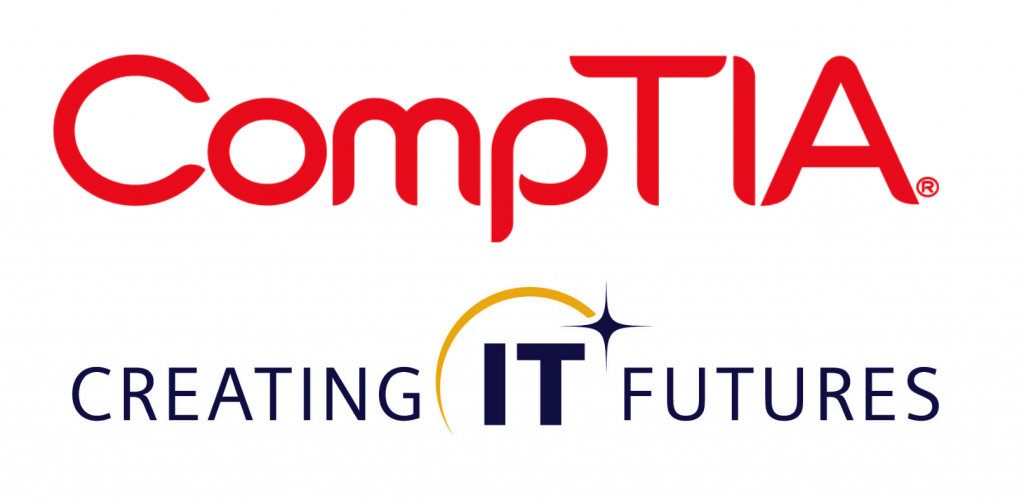
CompTIA Award Grant
Grant awarded from CompTIA and their Foundation, Creating IT Futures. Approved through a supporting vote of the entire CompTIA member body, an award of $5,000 grant in recognition for our work

AFTRR Alliance Formed
On June 1 and 2, 2016, Digitunity established the Alliance for Technology Refurbishing and Reuse (AFTRR) alongside representatives from seven nonprofit refurbishers. Their joint mission is to support a thriving nonprofit technology refurbishment industry focused on ending the digital divide through technology reuse.
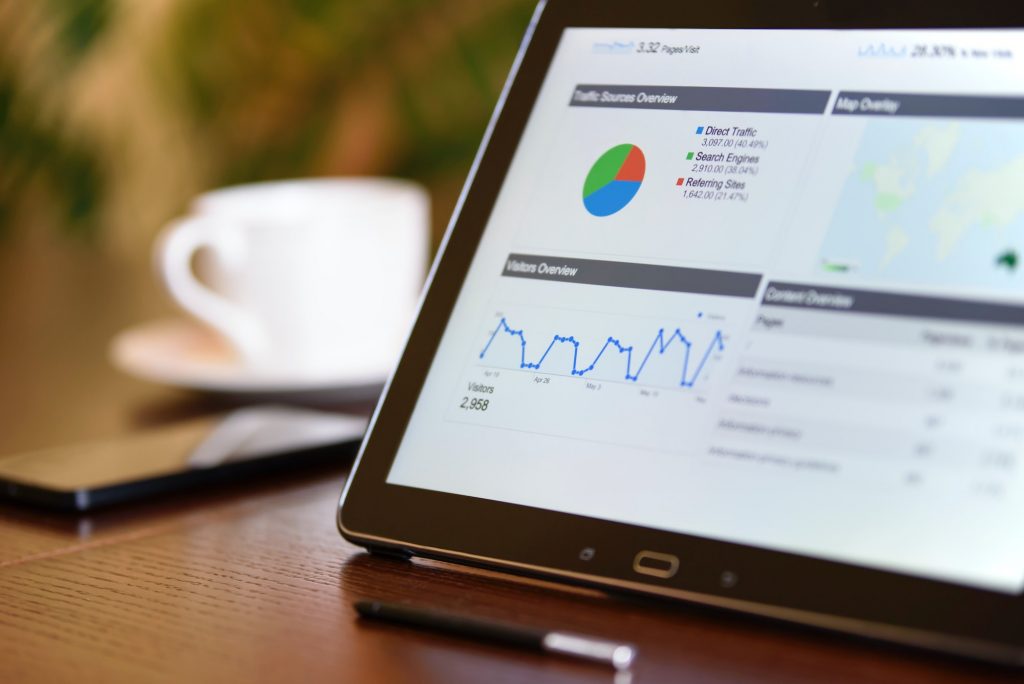
New Metrics System launched
Digitunity develops new metrics collection system in coordination with AFTRR that is used to collect annual refurbishing metrics and member capabilities from all nonprofit refurbisher partners in our network. This major milestone supports Digitunity’s confirmation of AFTRR members as a key element of the Digitunity network, and supports collaborative joint efforts to close the technology gap on a national scale.